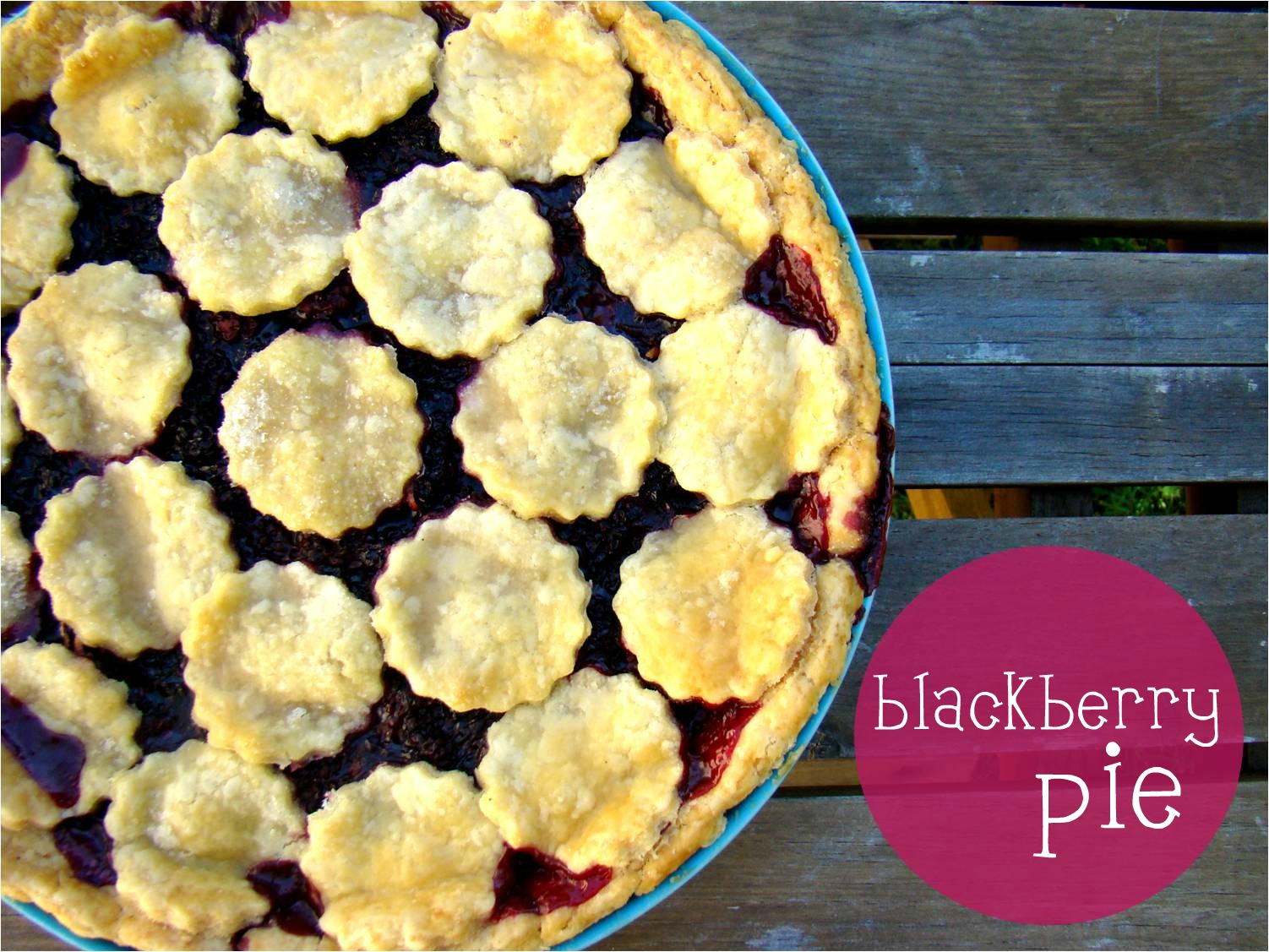

Nitrogen is the only fertilizer you need for healthy, productive blackberry plants. Only one ingredient needed for feeding blackberries. (Best production generally happens years 3-8, but blackberries can live up to 15 years!)Ĥ. While some berries, like blueberries, can take 3-4 years to produce, blackberries only take a year to start offering their sweet berries. While soils that are sandy and rich in organic matter (think compost, manure, peat) are best, blackberries can usually adjust to most soils that are at least a foot deep, drain well, and have a pH range of 4.5 to 7.5.ģ. Blackberries are adaptable to soil types.

With many fruits and berries, you need to buy an extra plant to cross pollinate your chosen berry in order to get an adequate fruit production not so with blackberries.Ģ. Blackberries don’t need a cross-pollinator.
Sweetie pie blackberry care pdf#
(See PDF here from Aggie-Horticulture-TAMU for more about pruning, recommended varieties (most of which we tend to carry at Rainbow Gardens), propagating, and trellising, plus much more.)ġ. Those canes will not produce again so don’t worry that you are cutting them.īlackberries produce their berries most heavily in mid-summer, so depending on the variety of blackberry, you’ll likely be pruning in June or July. Illustration here.Įach year after your blackberry canes have produced berries and immediately after you’ve completed your harvest you’ll need to prune those canes (called floricanes) all the way down to the ground. Clip the tops of new prima canes about chest high. It’s when the new canes (called prima canes) have grown to about 36”-48” that you’ll want to cut the tops of new canes in order to increase productivity by encouraging side branching. You generally don’t need to prune blackberries the first year. It’s not complicated though, so take a look. Timing of pruning and how you do it is key. 88 to 1.2 dry liters in volumeġ.0 to 1.3 dry quarts / 1.1 to 1.41 dry liters in volumeġ.1 to 2.1 dry quarts / 1.2 to 2.3 dry liters in volumeġ.7 to 2.3 dry quart / 1.87 to 2.53 dry liters in volumeĢ.26 to 3.73 dry quarts / 2.49 to 4.11 dry liters in volumeģ.5 to 4.3 dry quarts / 3.85 to 4.74 dry liters in volumeġ.19 to 1.76 dry gallons / 5.24 to 7.75 dry liters in volumeĢ.32 to 2.76 dry gallons / 10.22 to 12.16 dry liters in volumeĢ.92 to 4.62 dry gallons / 12.86 to 20.35 dry liters in volumeĥ.25 to 6.01 dry gallons / 23.12 to 26.42 dry liters in volumeĥ.98 to 6.08 dry gallons / 26.34 to 26.Besides giving your blackberries ample water, pruning is a top priority for successful production of blackberries. 96 dry liter in volumeġ.4 dry quarts / 1.59 dry liters in volumeġ.89 of a dry quart / 2.08 dry liters in volume Keep in mind, specific varieties and different growing conditions can affect the rate at which plants grow. Hurry, our limited inventory will go quickly! After those floricanes fruit, you'll cut them out at ground level and place them in the yard waste.Įnjoy the fruits of your labor with easy-care, reliable Sweetie Pie Blackberry. Sweetie Pie Blackberry bears fruit with an outstanding flavor on last year's wood. You'll be pleased how pretty this looks in your landscape with white, double blossoms and that lovely fruit display from green to red to luscious black! Why not consider it a useful privacy screen to get double duty from your investment? Space them five feet apart, and keep the rows five feet apart, too. Plant these disease-resistant thornless Blackberry plants in sun-soaked rows on a sturdy trellis. No thorns on the trailing canes make harvest an "ouch-free" experience. There is nothing quite as satisfying as growing your own food. You'll appreciate having the taste of summer when the winter days get dreary. Juice them, enjoy them in a bowl of steel-cut oatmeal with a splash of locally-sourced cream or prep many, many bags for freezing. Its medium-size, black, glossy berries are exceptionally. This is a special USDA selection that produces an abundance of juicy blackberries.īlessed with a high natural sugar content, Sweetie Pie Blackberry is extremely versatile. Heat tolerance is one of many traits that makes Sweetie Pie Blackberry a favorite in the South. Sweetie Pie Blackberry (Rubus x 'Sweetie Pie') comes highly recommended by our fruiting plant experts. Pick your own sweet superfruit.up to 15 pounds per plant in a single season! Add fruiting plants to your landscape this season and start on securing a homegrown food supply for your family.


 0 kommentar(er)
0 kommentar(er)
